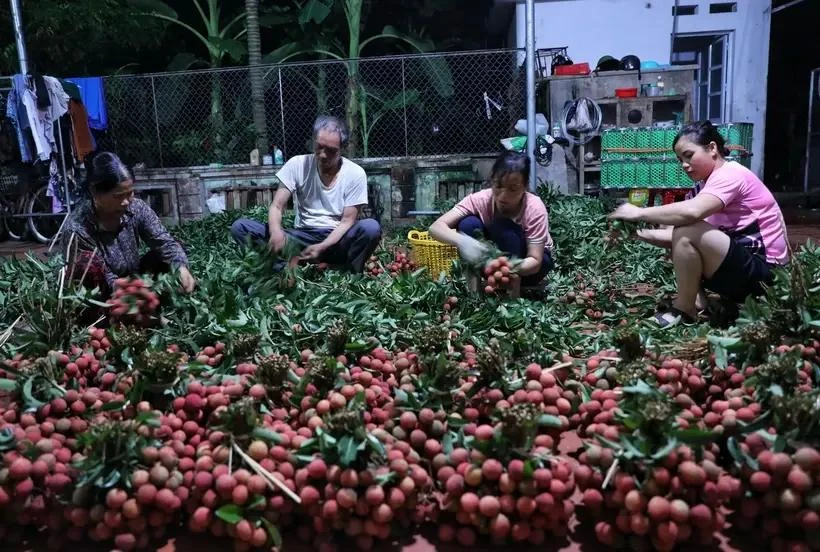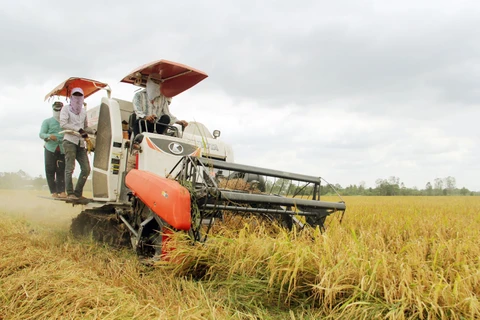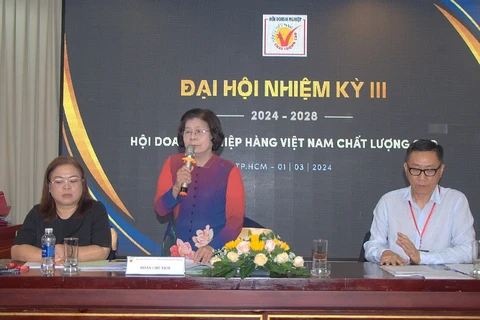
Hanoi (VNA) - Geographical Indications (GIs) are considered an effective tool to promote the export of Vietnamese agricultural products.
Therefore, building brands for Vietnamese agricultural products associated with geographical indication protection has become an important direction to enhance value and affirm brands for local specialty products in the domestic and international markets.
On June 3, 2024, the Intellectual Property Office of Vietnam under the Ministry of Science and Technology issued a decision on granting a geographical indication registration certificate for clam products of the Mekong Delta province of Ben Tre, with the provincial Department of Science and Technology managing this GI.
Earlier, the province’s clam farming sector received the Marine Stewardship Council (MSC) certification, marking the third time it has met the organisation’s sustainability and management standards, said Director of the provincial Department of Agriculture and Rural Development Doan Van Danh.
The certificate will be valid from May 23, 2024 to May 22, 2029. The MSC Fisheries Standard conducts the assessment on the management and sustainability of facilities. Earlier, the local clam farming sector received the MSC certificate in 2009 and 2016.
According to the department, receiving the GI certificate and being re-certified by the MSC will help Ben Tre’s clam products easily access such choosy markets as the US, the European Union, and Japan in the coming time.
Experts said geographical indications affirm local advantages in developing and promoting products and enhancing the economic value of specialties. Maintaining the quality of products bearing GIs is an important way to ensure product quality for consumers.
In addition, GIs not only bring higher value to agricultural products in the domestic market but also help boost exports. The price of Luc Ngan lychee in the northern province of Bac Giang increased from under 10,000 VND (0.39 USD) to more than 35,000 VND per kilogram. Geographical indications are also considered as a "passport" for Vietnamese lychee to gain access to many demanding markets such as Australia, France, the US, and Japan.
After being granted a GI, the first batches of Luc Ngan Lychee were exported to Japan, marking an improvement in the intellectual property development work.
Nguyen Van Bay, Deputy Director of the Intellectual Property Office of Vietnam, said that GI protection has proved effective in increasing the value and reputation of many products. Typically, Meo Vac mint honey of the northern mountainous province of Ha Giang, after being protected by geographical indications, has seen its price double. Similarly, that of Phu Quoc fish sauce has risen by 30-50%, Phuc Trach grapefruit by 30-35%, Cao Phong orange and Vinh orange by more than 50%./.






















